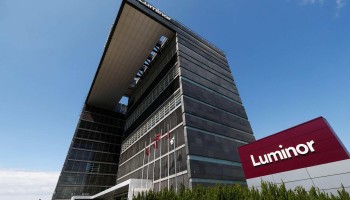“The urgent need to respond to climate change needs to be enhanced by transparency and accountability. Oversight must be built into all climate-related initiatives from the start,” Huguette Labelle, chair of Transparency International, said in a press release.
It also dedicates an entire chapter to corruption as a cause of deforestation and the importance of effective forestry governance. According to scholar Patrick Alley, the tropical timber industry are the most prone to corruption out of all resource extraction industries. is the Forests are crucial to the environment for their role absorbing carbon dioxide and creating oxygen, but timber is also a valuable resource. According to the report, timber worth $10-23 billion is illegally felled annually, of which $5 billion enters global markets/
Another primary focus is the also the human impact of climate corruption: whole populations forced to leave their homelands either due to heavy deforestation destroying the ecosystem, or to natural disasters, which according to UN data have doubled in the last 20 years from 200 to 400. About 90 percent of these are climate related. The authors argue that the resulting influx of reconstruction and development aid money is fertile breeding ground for corruption.
The report also touched upon the role corruption has in dissuading new investments in “green energy.” Authors point to the fact that covering a mere one percent of the Sahara Desert with solar power installations would generate enough electricity to power all of Europe. However, investors are reluctant to furnish companies with the needed capital because of a high perception of corruption within the government and regulatory bureaucracy.





